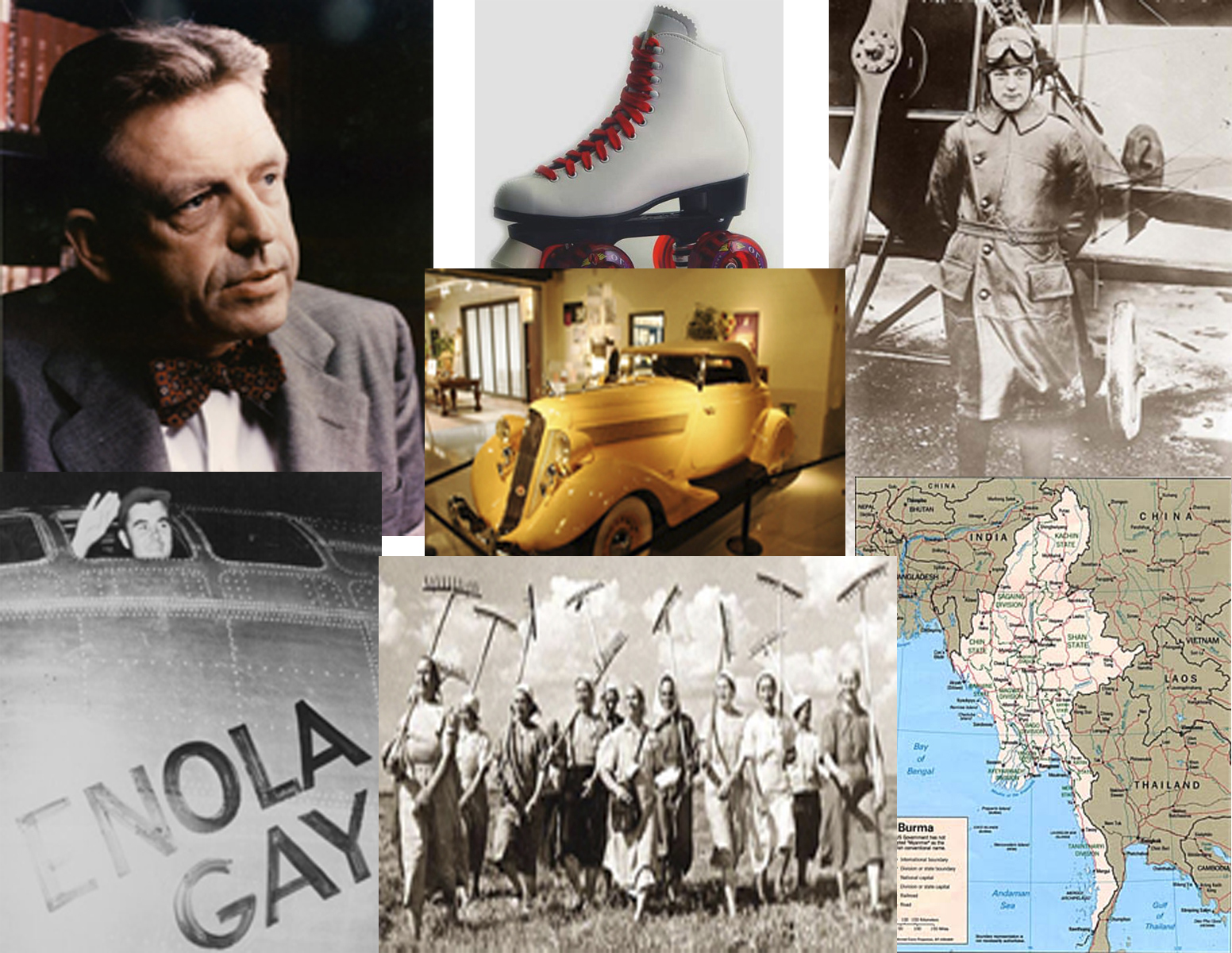21. History: IU Center on Philanthropy, 1993 23 Interviews
Indiana University Center for the Study of History and Memory
This oral history of the Center on Philanthropy at Indiana University traces creation of the Center from its earliest stages and its evolution into a fully operating academic institution dedicated to the study of philanthropy. It includes the negotiations in bringing the Fund Raising School to Indianapolis, Indiana, the grant proposals to the Lilly Endowment, finding the Center's first director, and the creation of its mission statement. This project also contains many different people's views on the study of philanthropy and the importance and success of the Center.

